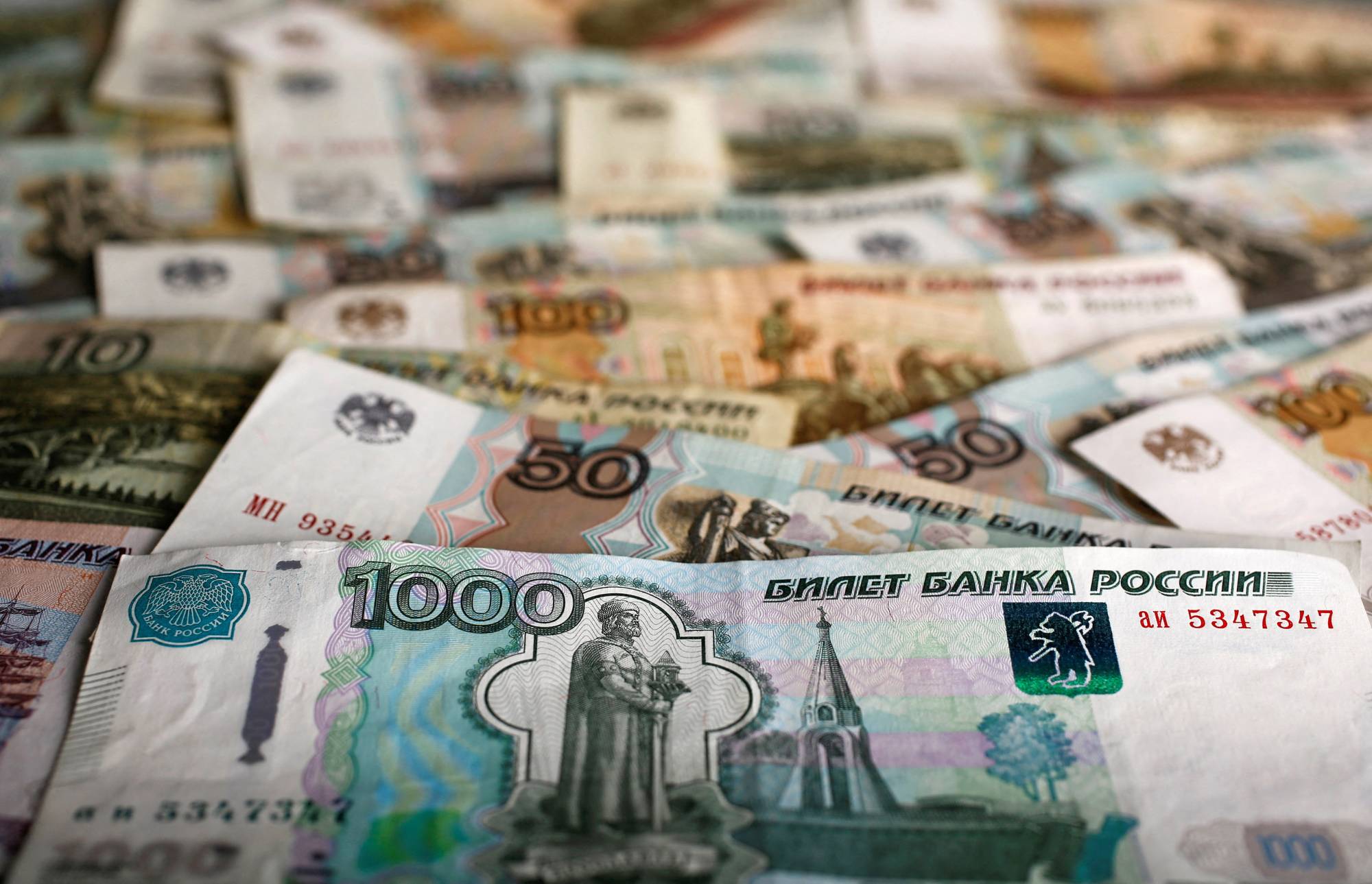Russian President Vladimir Putin signed a decree on Thursday requiring foreign buyers to pay rubles for Russian gas from April 1 or see their contracts halted, a move described as "blackmail" by European states.
What is behind the change?
The move is in retaliation against Western sanctions imposed on Russia over its invasion of Ukraine.

















With your current subscription plan you can comment on stories. However, before writing your first comment, please create a display name in the Profile section of your subscriber account page.